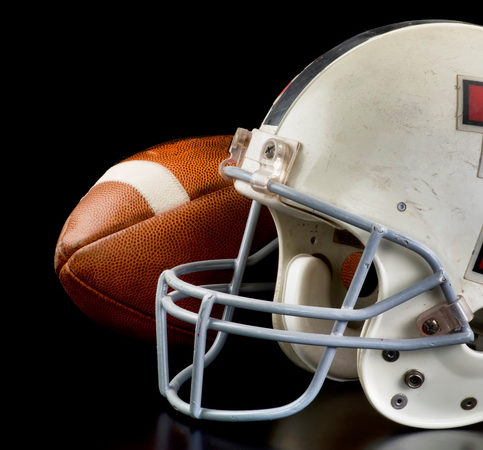On October 30, 2018, a putative class action lawsuit was filed by former high school and college football players. The players are suing BRG Sports, Inc., commonly known as Riddell, for its practice of “marketing, promoting, and distributing dangerous and defective football helmets.” The players argued that they sustained permanent brain and neurological injuries due to inadequate padding in the company’s helmets, which they were told would protect them.
According to the complaint, Riddell is the world’s largest football helmet manufacturer. For decades, Riddell designed, distributed, and marketed their helmets as “safe” for high school and college football programs throughout the United States. In fact, by 1989, Riddell’s notoriety reached new heights when it signed an exclusivity agreement with the NFL. However, “Riddell’s safety representations were hollow. Not only did Riddell fail to keep up with new technological developments … it fundamentally ignored the dangers of head injuries in football and misrepresented the ability of their helmets to prevent them or reduce them.”
The plaintiffs claim to have used Riddell-manufactured helmets while playing high school and college football between 1981 and 2014. Each of the plaintiff’s claim to have sustained concussions while wearing Riddell helmets. As a result, plaintiff’s experience a variety of brain and neurocognitive disorders/disabilities, such as memory loss, emotional instability, nausea, blurred vision, and difficulty concentrating, thinking, or making decisions.
In their complaint, the plaintiffs allege three causes of action. First, they allege that Riddell negligently designed, tested, marketed, and sold its helmets. Second, plaintiffs allege that the Riddell’s helmets were defective in their design because they did not provide adequate protection. Specifically, the helmets: frontal pads were made with materials incapable of adequately distributing force; liner systems lacked a safe means of attenuating and absorbing impact; and liner systems pads were too thin to adequately protect players’ heads. Third, plaintiffs allege that Riddell “knew or should have known of the substantial dangers involved in the reasonably foreseeable use of its helmets.”

